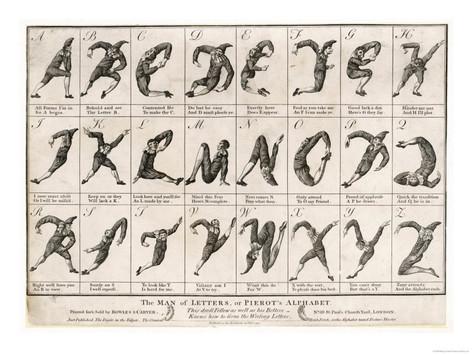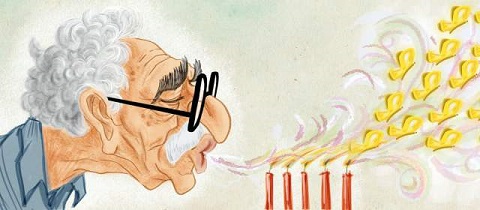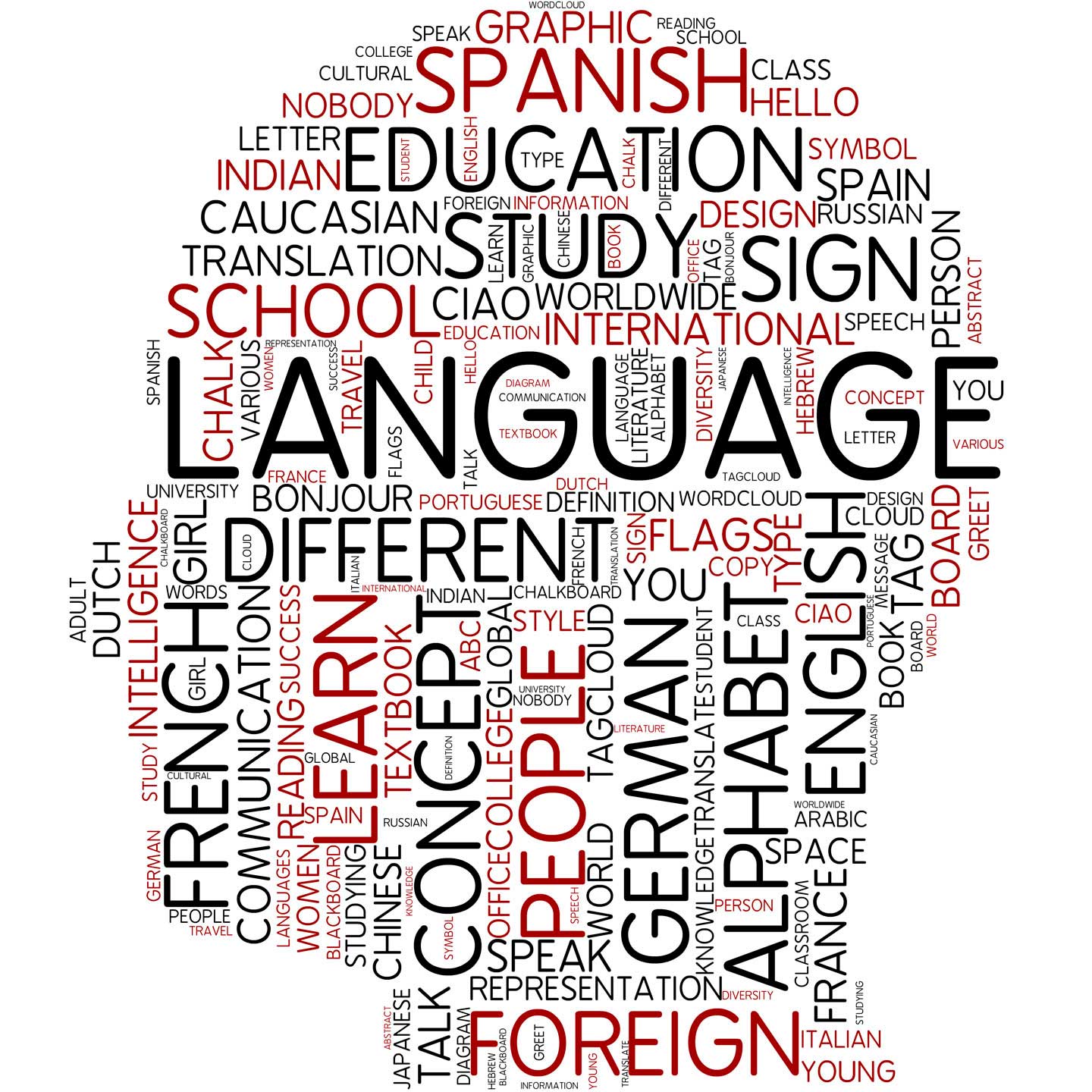
By Jaime Andrés Cubillos-Ballesteros, October 2017
Language:
“The words, their pronunciation, and the methods of combining them used and understood by a community. […]
A systematic means of communicating ideas or feelings by the use of conventionalized signs, sounds, gestures, or marks having understood meanings”
“Language is the ability to acquire and use complex systems of communication, particularly the human ability to do so, and a language is any specific example of such a system. The scientific study of language is called linguistics. Questions concerning the philosophy of language, such as whether words can represent experience, have been debated since Gorgias and Plato in Ancient Greece. Thinkers such as Rousseau have argued that language originated from emotions while others like Kant have held that it originated from rational and logical thought. 20th-century philosophers such as Wittgenstein argued that philosophy is really the study of language. Major figures in linguistics include Ferdinand de Saussure and Noam Chomsky.”
When I was 10 years old, back in the 80’s, I met a boy from California in my town. It was amazing to realize that a kid my age could speak Spanish with a kind of strange accent and perfect English. My only connection to the non-Spanish world thus far was with English tunes that I tried to mumble with incredible creativity while guessing what they could be saying. That ability to me was a blessing, but also an impossible challenge.
I grew up in Colombia, being punished by my intelligent, but old fashion and well-educated father who used to be a lawyer. He would beat me up for nothing or when he was tired, he punished me with long boring, in some cases totally unreadable readings. So, obviously, I became one of those scared, timid teens that hates to read, and don’t worry, I still love him. I wasn’t dumb. I read everything that I had to read at school to get good grades and never failed a single class. I didn’t want to end up in the emergency room nor being forced to read the judicial code or perhaps the bible if I had gotten bad grades.
I survived my depression and suicide thoughts simmering myself into the poetry of Rock en español lyrics by many musicians that should be unknown to you like Summer, García, Páez or Cerati. Later, when I was seventeen, I got into story telling. To be honest, it helped me to attract girls, and overcame shyness in that era previous to internet, back there in my third world country. I initially didn’t read much, just memorized and adapted stories that I heard from older story tellers. When my repertoire got repetitive, I accepted the necessity to learn more of what to say. So, for the first time I visited a book store without the fearful gun on my nape. Just then I discovered well known authors and their stories. Later, in an attempt to be more unique, I started to “write” my own stories. But it was not really writing, I made lists of steps that each story would pass through, story outlines as a base to tell them with the opportunity to make any necessary changes on the fly. In my last year of preparatory school, I got an afternoon job teaching story telling in a girls school; it involved corporal expression, diction, and creative writing. Yes, I said it, creative writing, but I hid my lack of writing abilities by calling it creative story composition. When I got into the university, I began studying architecture, and stopped telling stories. I had no time for hobbies. In the third semester, I took a break when I realized that I wasn’t happy trying to design imaginary spaces that would never be built; just my wrong kind of language.

My wonderful mom helped me out and we put together some money, and I moved to Calgary, Canada for a year to learn English. I didn’t have the means to hit the slopes like my classmates, so to battle the cold weather, I didn’t do my homework about my boring weekends but put my old stories into writing. Surprisingly, my ESL teacher was amazed with my natural abilities for narrative writing and more surprised in her words, because I was doing it directly in English. I was invited to publish some of my homework in the Mount Royal College newspaper. The reality bit me in the cold moose nose, I found my career path right there on the snow, white as a blank paper waiting for a title. My mom’s investment of sending me away to figure out what to do with my life harvested in that February winter. I wanted to become a writer. As a proud Colombian, I thought that I should study writing back in Colombia. We have “Gabo” better known to you as Márquez, even though he’s actually García. I thought the literary world knew that we had good material there in my Caribbean lost paradise, so our universities should be good in that, but it was not so. 50 years of non-fictional civil war had made Colombian universities develop their economic, medical, journalism and law faculties, not the arts. None of the Colombian universities that I could afford back then offered creative writing as a major, they only offered journalism or literature studies. Facing my reality, I started Literature with an emphasis on criticism.
My first grade on an essay was a big fat F. I didn’t know how to organize my ideas. I had poor syntax and my spelling was amazingly bad. For example, up to that point, I had believed that grammar and orthography were the same thing. Those were the comments my professor told me to work on if I was really serious about writing well one day. I went back to the bookstore and got myself the needed guns, the entire official collection of Spanish grammar books from RAE, and its orthography book. I also cleared my schedule from girlfriends and parties for the following four months. I was teaching English in the mornings and taking classes in the afternoons. At night, I did my class assignments, and caught up with what I supposed to know about my native language rules and regulation. I lost 10 pounds, missed several great soccer games, but by the end of that first semester, my first F had leaned to its left side to become an A.

After finishing my BA, I took creative writing workshops for one more year; then I packed my bags, and moved to NYC. Obviously, if you are living in the United Stated, someone looking to learn English will never study under the tutelage of a non-English native. But by 2005, I realized that the American society, with obvious little exceptions, had internalized and learned to appreciate my Latin American culture. They had done it in such a way, and in every level of society that it didn’t take me long to accept that teaching Spanish would be a great working field for me here. I professionally knew my native language, Spanish, I had a lot of experience teaching, so I found clients and in turn, they quickly saw the high quality of my tutoring. Many of my clients had told me the same, that I have the knowledge and the experience, exactly what they were looking for, and that not everyone out there really provided them with. Language has been a challenge and a blessing. I was born with it, and thought that it was a default ability, but when my time to be serious about it came, I was noble enough to respect it, face its beauty and difficulties in order to drop the excuses and become an expert in it. I’m proud to call myself a Spanish Specialist.
But what about my writer side? I went back to school, and became an English-Spanish Translator and Interpreter in New York City. I was able to connect my love of writing and my bilingual background. I worked many years for a translation company, later, I started my own company adding Literary Translation. My business grew, translating, interpreting and teaching Spanish. Every single day living here, my English keeps growing as well as my knowledge of the American culture, politics, the way of life. It also makes me a better tutor and translator. I will continue growing my American knowledge, even during the coldest snowiest day off from winter while binging on a TV series, reading a newspaper, a book, or why not, some “fake news” or incongruent tweets on social media.
During my years here, I’ve met Latin Americans trying to teach their children English at home, although their native language is Spanish. It appears that they are somewhat embarrassed about it. To my understanding, they are making their original culture fade away, their parents’ heritage is condemned; never passed along to their children. They think they are doing them a favor by imposing English at home. Although they are speaking Spanish to their other relatives, friends and people on the streets. Ironically, I was being hired at the same time by many second or third generation Latin Americans to teach, improve, or rescue their Spanish from collapse. Their jobs were expecting better bilingual English-Spanish speaking skills out of their clear Latino last names or features. When my boy was born, his mother and I decided to speak to him only in Spanish. From the age of three, he reads and writes in both English and Spanish. He is now seven years old and has become fully bilingual, he speaks both languages when needed without mashing them up. He already understood the gift we gave him, and he is completely happy about it. He has already realized that in New York City, as in many states in this great country, being bilingual is a blessing, something to be proud about, not a challenge, something that everyone here should be. And don’t forget, he is only siete.








































































































































































































































































































































































































































































































































































































































































































































































































































































































































































































































































































































































































































































































































































































































































































































































































































































































































































































































































































































